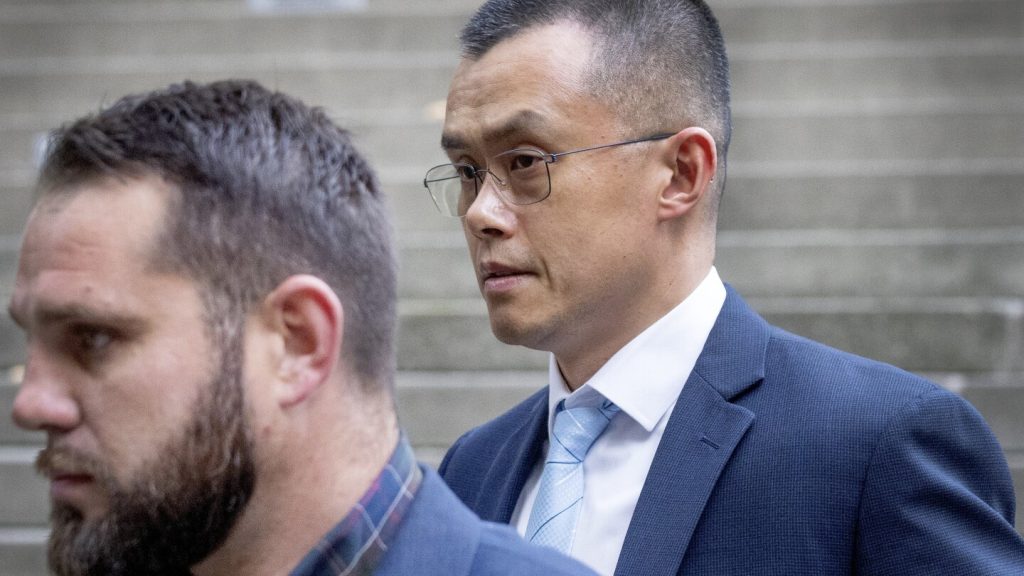Zhao is facing sentencing in a Seattle courtroom, where U.S. prosecutors are seeking a three-year prison term for allowing money laundering on Binance. He pleaded guilty and stepped down as CEO as the company agreed to settle for $4.3 billion. Prosecutors allege that Zhao turned a blind eye to illicit transactions supporting child sex abuse, drug trade, and terrorism. Despite Zhao’s willingness to plead guilty and his move from the UAE to the U.S. for the case, prosecutors argue that his actions warrant a significant prison term.
Prosecutors claim that Zhao violated the Bank Secrecy Act by allowing over 1.5 million virtual currency trades totaling nearly $900 million that violated U.S. sanctions. They argue that Zhao knew about the anti-money-laundering protocols Binance was supposed to follow but directed the company to disguise customers’ locations in the U.S. to avoid complying with U.S. law. This case highlights the challenges and risks associated with the cryptocurrency industry, as regulatory scrutiny and enforcement actions increase worldwide.
The cryptocurrency industry has been facing several challenges, with Nigeria seeking to try Binance and its executives on money laundering and tax evasion charges. Zhao’s rivalry with Sam Bankman-Fried, the founder of FTX, another significant crypto exchange, also adds a layer of complexity to the situation. Bankman-Fried was convicted of fraud and sentenced to 25 years in prison for stealing billions from customers and investors. The deteriorating relationship between Zhao and Bankman-Fried, leading to Zhao selling his cryptocurrency investments in FTX, demonstrates the competitive and volatile nature of the industry.
Despite Zhao’s plea for taking responsibility and closing the chapter in his life, prosecutors argue that his actions were unprecedented and merited a stricter punishment. They criticize Zhao for prioritizing profits and company growth over complying with U.S. laws and regulations, leading to significant violations of the Bank Secrecy Act. The case sheds light on the importance of accountability, transparency, and adherence to regulatory requirements in the evolving landscape of cryptocurrency exchanges.
The sentencing of Zhao in the Seattle courtroom will be closely watched by industry participants, regulators, and the public, as it could set a precedent for future cases involving money laundering and compliance violations in the cryptocurrency sector. The outcome of this case will impact the reputation and operations of Binance, as one of the largest players in the global crypto market. It also underscores the need for stricter oversight and enforcement measures to address illicit activities and protect investors in the increasingly digitized financial ecosystem.
As the cryptocurrency industry continues to face scrutiny and regulatory challenges, stakeholders are calling for greater transparency, accountability, and adherence to compliance standards. The sentencing of Zhao and the fallout from the Binance case will likely spark further debates on the regulation of crypto exchanges and the broader digital asset market. This case serves as a reminder of the risks and consequences associated with operating in a fast-paced and complex industry where compliance failures can have far-reaching implications.


